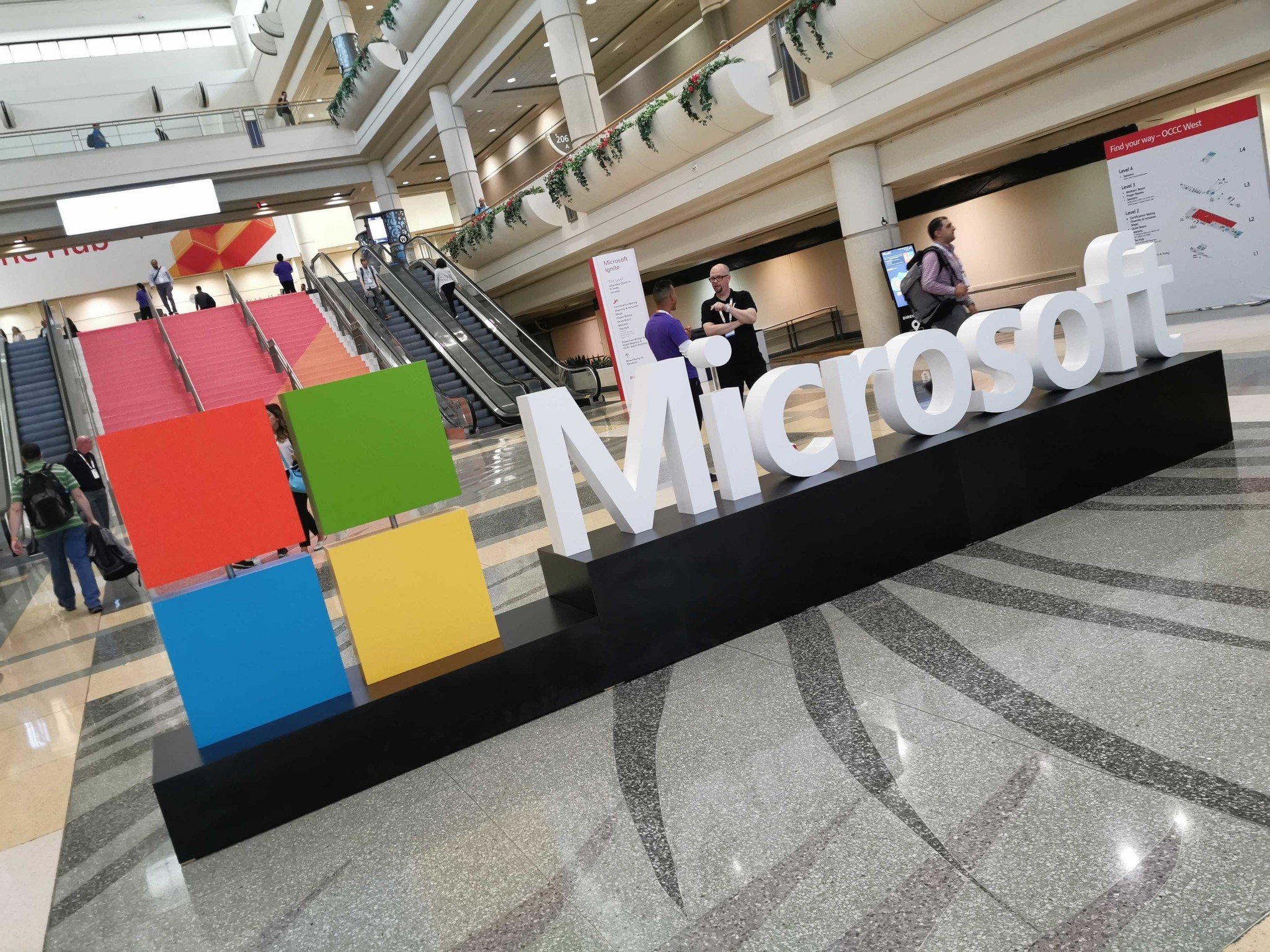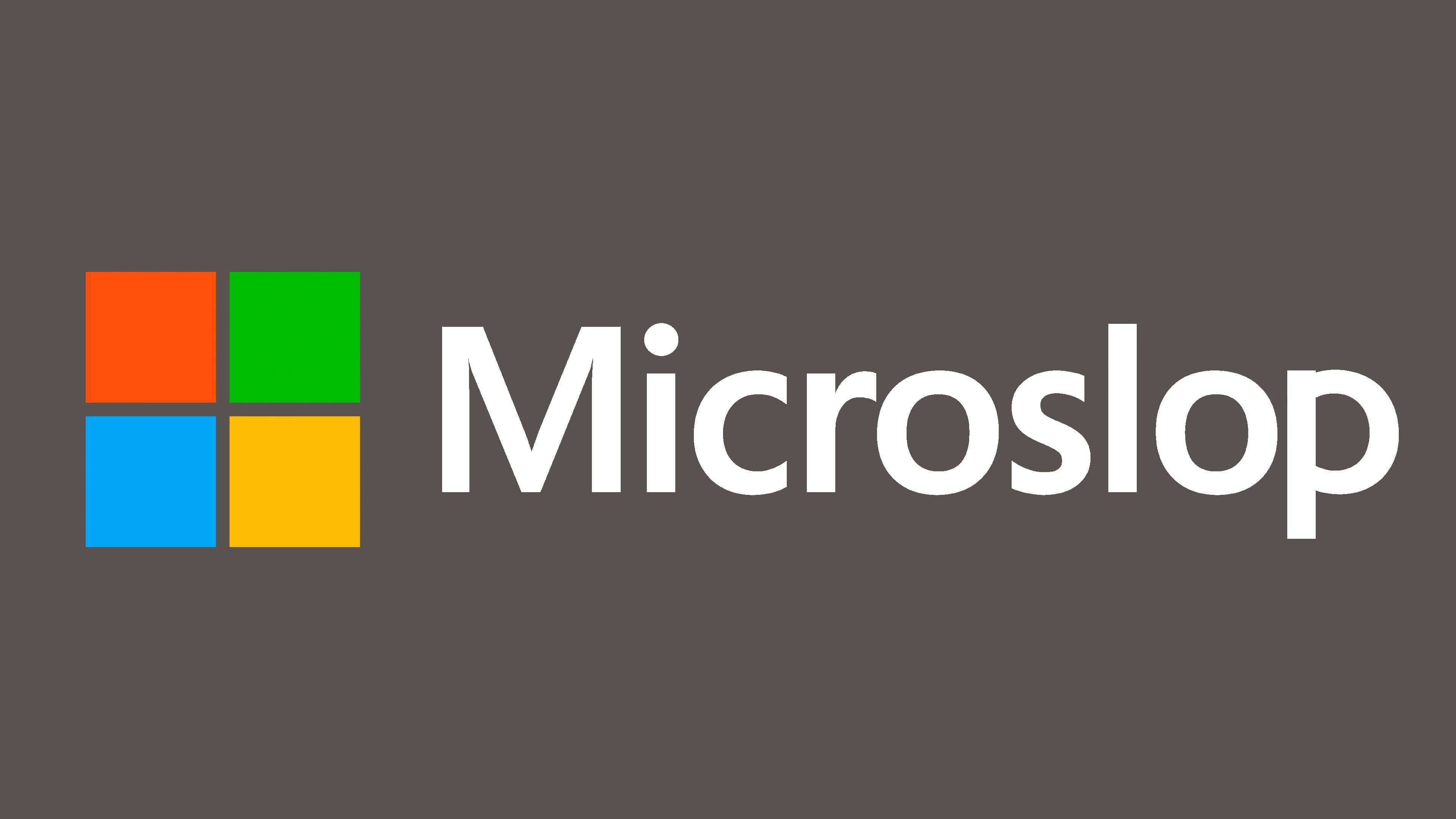Microsoft resolves immigrant discrimination allegations with Department of Justice via settlement
Microsoft will overhaul parts of its hiring process after a settlement with the Department of Justice regarding unlawful discrimination.

What you need to know
- The United States Justice Department reached a settlement with Microsoft regarding allegations of discrimination against non-U.S. citizens.
- Microsoft sent emails to lawful permanent residents that asked for documents proving the right to work, even after proof had been given, according to the Justice Department.
- Even when sponsorship was not required by the company, Microsoft asked permanent residents, refugees, and asylees to prove their right to work.
The United States Department of Justice announced a settlement with Microsoft regarding allegations that the tech giant discriminated against non-U.S. citizens. The claims stemmed from problematic inquiries regarding the citizenship status of applicants during the hiring process. Microsoft also asked for immigration documents that weren't required to prove that people could work for the company. This was done even in cases where there wouldn't be a need for Microsoft to handle sponsorship duties, according to the Justice Department.
Additionally, the settlement covers the fact that Microsoft discriminated against lawful permanent residents by asking for additional documentation or different types of documents than what was required by law. The statement from the Justice Department explains that this was done to "reverify their continuing permission to work in the United States," which is not a requirement in some of the cases in question.
A call from the Civil Rights Division's Immigrant and Employee Rights Section (IER) sparked the investigation. According to the spouse of an applicant that made that call, Microsoft asked for her husband's Permanent Resident Card while he was applying for a job at the company.
"The investigation found evidence that the company repeatedly asked lawful permanent residents, refugees, and asylees to undergo an evaluation of their need for Microsoft to sponsor them for an employment-based visa even though they do not require sponsorship to work in the United States," explained the Justice Department.
The Justice Department also outlined other aspects of the situation:
The investigation determined that the company discriminated against at least six lawful permanent residents based on their immigration status during this visa evaluation process by asking them to show a Permanent Resident Card to prove they had permission to work without employer sponsorship. The investigation also determined that from at least June 2019 until at least January 2020, Microsoft routinely sent emails to lawful permanent residents asking them for documents to confirm their continued work authorization even though they had already provided documents showing permanent work authorization.
Under the Immigration and Nationality Act, employers must verify that an applicant can work in the United States. But the law prohibits employers from asking for documents when they're not required. Employers are also prohibited from limiting or specifying which types of valid documents a worker shows.
As part of the settlement, Microsoft will overhaul parts of its hiring process. The settlement also "requires the company to stop sending emails requesting documents to reverify work authorization to workers whose work authorization should not be reverified."
All the latest news, reviews, and guides for Windows and Xbox diehards.
Going forward, employees that have to prove their right to work will be able to use their preferred documentation, as long as it is "acceptable for that purpose."
Microsoft will also pay a civil penalty to the U.S. government. The company will be required to train employees responsible for ensuring that people have a right to work in the United States. Microsoft will also be subject to monitoring and reporting by the Justice Department.

Sean Endicott is a news writer and apps editor for Windows Central with 11+ years of experience. A Nottingham Trent journalism graduate, Sean has covered the industry’s arc from the Lumia era to the launch of Windows 11 and generative AI. Having started at Thrifter, he uses his expertise in price tracking to help readers find genuine hardware value.
Beyond tech news, Sean is a UK sports media pioneer. In 2017, he became one of the first to stream via smartphone and is an expert in AP Capture systems. A tech-forward coach, he was named 2024 BAFA Youth Coach of the Year. He is focused on using technology—from AI to Clipchamp—to gain a practical edge.
